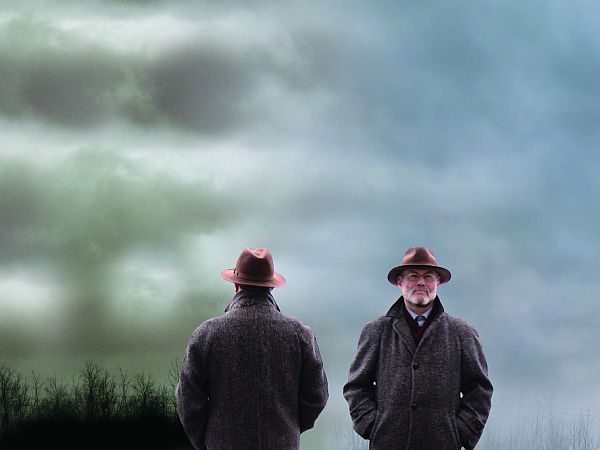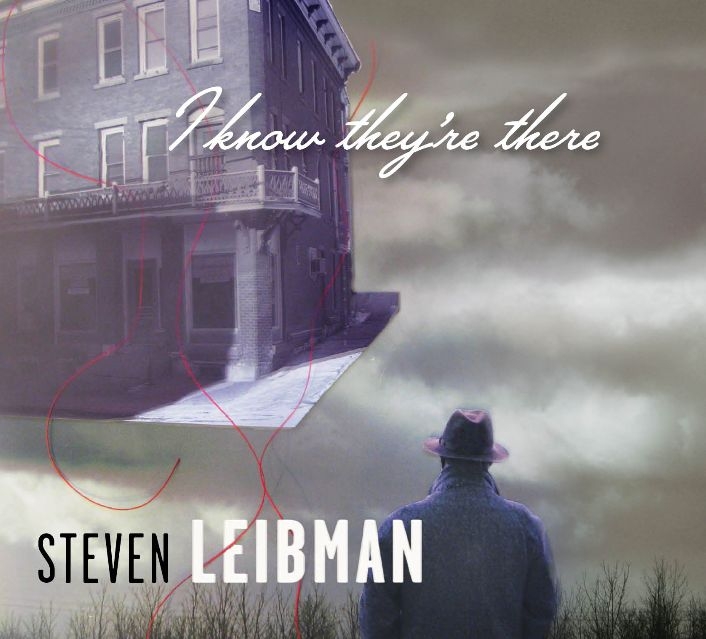 For decades, young musicians have traveled to Los Angeles with dreams of hitting the big time. Steven Leibman did just that when he was still in his teens. But it wasn’t until he settled in Montpelier, in his ‘50s that he finally made the record of his dreams.
For decades, young musicians have traveled to Los Angeles with dreams of hitting the big time. Steven Leibman did just that when he was still in his teens. But it wasn’t until he settled in Montpelier, in his ‘50s that he finally made the record of his dreams.
Music contributor Matt Bushlow has this story.
(Bushlow) Like a lot of kids growing up in the early 1960s, Steven Leibman had a passion for music.
(Leibman) "When I was a kid I just was gaga – and still am – over records. You know, just, the whole sound of singles and albums just killed me. I mean, I remember ‘Quarter to Three,’" you know, Gary U.S. Bonds, the sound scape that he created there."
(Bushlow) As a teenager, Leibman hopped buses from his home in Rhode Island to Greenwich Village, where Bob Dylan and Phil Ochs were playing coffeehouses.
But he wasn’t content just to listen. Leibman picked up a guitar and started to write his own tunes. A few years later, he split for L.A. where he had some promising leads in the music industry. But things didn’t quite go as planned.
(Leibman) "As it turns out, a lot of the response after making demos for various labels was that it was just too quirky, eccentric, et cetera. That kind of language was used a lot."
 (Bushlow) Leibman played gigs and wrote music for independent films and musical theater, but he never found a record label that wanted to help him make the record that was in his head.
(Bushlow) Leibman played gigs and wrote music for independent films and musical theater, but he never found a record label that wanted to help him make the record that was in his head.
After 30 years in L.A., Leibman moved with his family to Montpelier in 2001 and fell in love with Vermont. But his dream of making an album of his own music was still alive. He knew to make it come true he needed to find the right collaborator.
(Leibman) "I had been in urban centers, I had been in Boston, New York and Los Angeles for a lot of years and worked with a lot of great folks. And I’m sure there are naysayers who would have said, ‘Steven, what do you think you’re going to accomplish in Vermont?’"
(Bushlow) He played open mics, networked and recorded some demos at a studio in Montreal. But nothing really clicked. Then he was introduced to veteran country musician and record producer Brett Hughes of Burlington. The two men hit it off.
(Leibman) "We felt great synchronicity, as far as our sensibilities and kind of the lexicon that we used and references to literature and movies and theater and of course, great depth of music as well."
(Bushlow) Leibman hired Hughes to be his engineer and producer, and they hunkered down to record in a tiny barn studio for what Leibman knew would be an ambitious project. Over the course of 18 months, they brought in 26 musicians – most of them Vermonters – to contribute to Leibman’s vision.
In September 2011, Leibman released his debut album, I Know They’re There, on his own label. It’s a collection of 12 character-driven songs that stretch out as a classic two-sided album that’s meant to be heard in one sitting — preferably on vinyl, preferably with a glass of wine.
It took him longer than he expected, but Leibman brought his dreams to life at the tender age of 63. Not every artist realizes his or her vision, or sticks with it for so long. Leibman included a special message in the liner notes for those who do: the album is dedicated to "every artist who perseveres in obscurity."
For VPR, I’m Matt Bushlow.